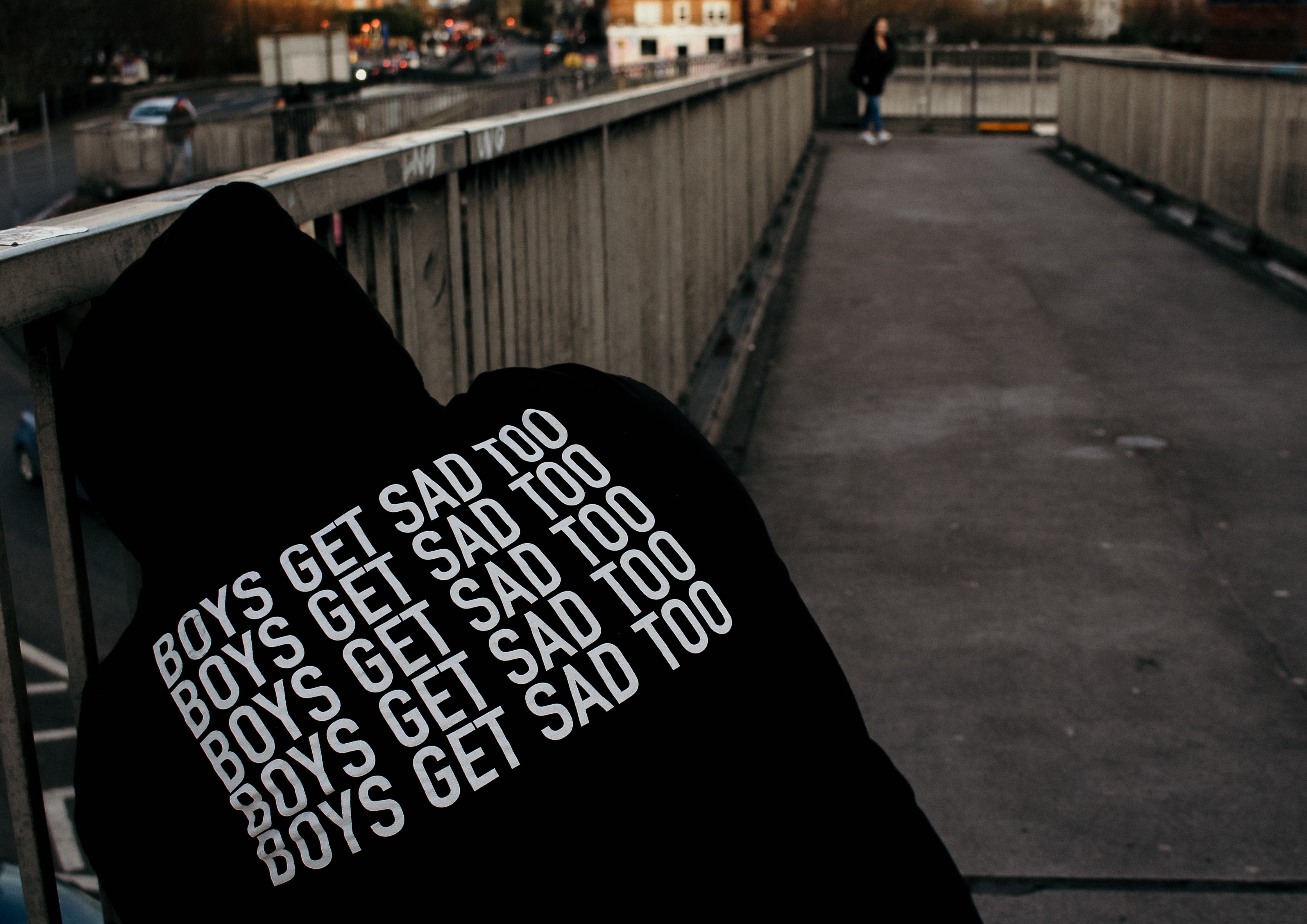Taking more than 700,000 lives per year, suicide is the fourth leading cause of death globally among young people aged between 15 and 29 (young adults) and is most prevalent in low and middle income countries. Among people who die by suicide, the largest portion are men. In fact, a study showed that in Kampala Uganda, the ratio of suicide of men to women was 3.4:1, which means that for every woman who commits suicide is 3.4 men who commit suicide, It’s more than thrice as higher.
Suicide is linked to mental health complications like: Depression, anxiety, stress among others. Before jumping to conclude that men suffer more with mental health than women, it’s worth noting that women actually more likely to suffer from depression or anxiety than men. The suicide rates are higher in men however partly because men are more precise when committing suicide and use more aggressive means, the most common means being suicide by hanging or ingestion of poison. A key example is a story where a one Hussein Walugembe a 29-year-old boda-boda rider who burnt himself in Masaka Central Police Offices.
However, studies also show that men are less likely to seek mental health help due to reasons mainly tied back to cultural and environmental factors. These include: traditional masculine ideals, acceptance from peers, Cultural-environment beliefs and coping mechanisms like drugs and alcohol.
Traditional Masculine Ideals: These are ideals that associate masculinity with toughness and self-reliance, ideals that encourage independence when dealing with life’s stresses, ideals that associate vulnerability and help seeking to weakness and femininity. Such ideals encourage men to bottle their emotions and mental health issues until it’s too late. Young men are raised with maxims like ‘boys don’t cry’ or ‘real men deal with problems on their own.’ The problem comes in when a man is going through mentally trying moments like: loss of job, sickness or even death of a loved one, moments that are stressful and emotionally crushing. It’s in such moments that a man overwhelmed with stress or depression is bound by such traditional ideals when it comes to seeking for help. A man is expected to hold his family together when a father dies, or even when he loses his job. They are not just traits inherent in men, but expectations inherent in society, especially African tradition: A man who seeks mental health help is seen as weak and it might damage his self-image.

Acceptance from Peers: This is related to the point of masculine ideals, but this time it affects a man’s position and interaction with his peers. Group identity is key when it comes to one’s perception of self, it gives you a healthy sense of belonging, in this case, the group is of fellow peers. However, group identity becomes detrimental when the values of the group are flawed. When your peers view mental health help seeking as a sign of weakness, you’ll probably hesitate to seek it because you fear rejection from the group. You would rather keep quiet and save face than risk being rejected. This also becomes a problem when it comes to opening up and sharing mental health struggles among those very peers. Many lives could be saved if only young men had peers they could open up to and share their mental health struggles. That’s partly why many young men have only drinking buddies and work colleagues but don’t have close friends with whom they can share their mental health burdens.
Cultural and Environmental beliefs: Aside from traditional masculine traits, mental health in general comes with a lot of societal stigma especially in the African culture: it’s perceived to be a ‘white people’ thing, and it’s for that reason that it’s not treated as seriously as it should be. Some more primitive cultures might even perceive it as something demonic: A person who is bipolar might be deemed possessed rather than taken to a mental health facility. Even religion plays a role in people’s perception of mental health: Some religions may perceive mental health as something purely spiritual and recommend only prayer as a solution rather than seeking help.

Coping Mechanisms: alcohol and substance abuse are the most common mechanisms young men use to cope with their mental health struggles, it’s what they use to numb themselves mentally and physically, a magic bottle that can temporarily take away your pain is often so tempting, it’s the easy way out rather than having to deal head on with your issues. It’s partly why alcohol dependency is higher in men than in women.
The Major Underlying Issue: The major issue when it comes to mental health help seeking among men is limiting beliefs about what entails masculinity, it’s the reason why men mask mental health break downs behind smiling faces or find refuge in substance abuse. Let’s be clear, there’s nothing wrong with striving to be an emotionally strong man – God knows we need strong men – but it becomes counterproductive when a man denies to seek help in the name of saving face and not wanting to look weak, the repercussions are dire.
Way Forward: When trying to address this issue, most people use negative reinforcement, using words ‘toxic masculinity’, which ends up being perceived as an attack on masculinity in general. Masculinity isn’t toxic, it’s just that as society evolves, so does its social problems. Some masculine ideals were formed in times when the major threats and problems men faced were external like; protecting or providing for your family. With evolution of society come new threats that are internal like mental health. This means traditional beliefs of masculinity also have to be redefined.

Studies show that a good way to encourage men to seek help is to leverage traditional masculine traits instead of doing away with them. Rather than telling men that they are toxic for trying to be strong, let’s redefine strength all together. Let’s define strength as the ability to be vulnerable enough to speak up about their mental health struggles. Here’s an article I wrote about ‘speaking up on depression’ (link). Let’s define strength as avoiding the easy way out like drinking away one’s problems but rather facing them head on ‘like a man’, let’s define strength as expressing powerful emotions rather than bottling them up. Being strong means seeking help when you’re struggling.

